The Recycling of Waste Heat
Through the Application
of Nanofluidic Channels:
Advances in the Conversion of
Thermal to Electrical Energy
TRANSLATE was a €3.4 million EU-funded research project that developed a new nanofluidic platform technology to effectively convert waste heat to electricity.
This technology can potentially improve the energy efficiency of many devices and systems, and provide a radically new zero-emission power source.
Watch our videos below to learn more about TRANSLATE
Meet the Minds Behind TRANSLATE: Turning Heat into Clean Energy
Turning Waste Heat into Power: The TRANSLATE Energy Innovation
Tackling climate change requires a radical shift in how we produce and consume energy, away from fossil fuel burning and towards clean, renewable sources of energy. Yet every day, it’s estimated that 70% of all the energy produced from sources such as power generators, factories, and homes is lost in the form of heat, which evaporates away into the atmosphere.
This wasted heat is one of the largest sources of clean and inexpensive energies available, and yet it is currently untapped.
Take a look at our factsheet to learn about the key features, technical specifications and the potential use cases of the TRANSLATE device.
TRANSLATE was a multidisciplinary collaboration between partners across Europe including University College Cork (Ireland), Technische Universität Darmstadt (Germany), University of Latvia (Latvia), Cidete Ingenieros Sociedad limitada (Tenerife, Spain) and UCC Academy (Ireland).
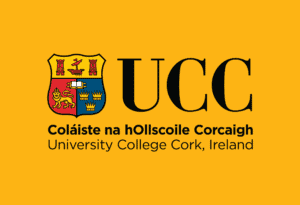



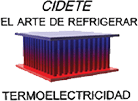

The consortium’s expertise ranged across a range of disciplines including nanofluidics, materials science, electrochemistry and energy storage.
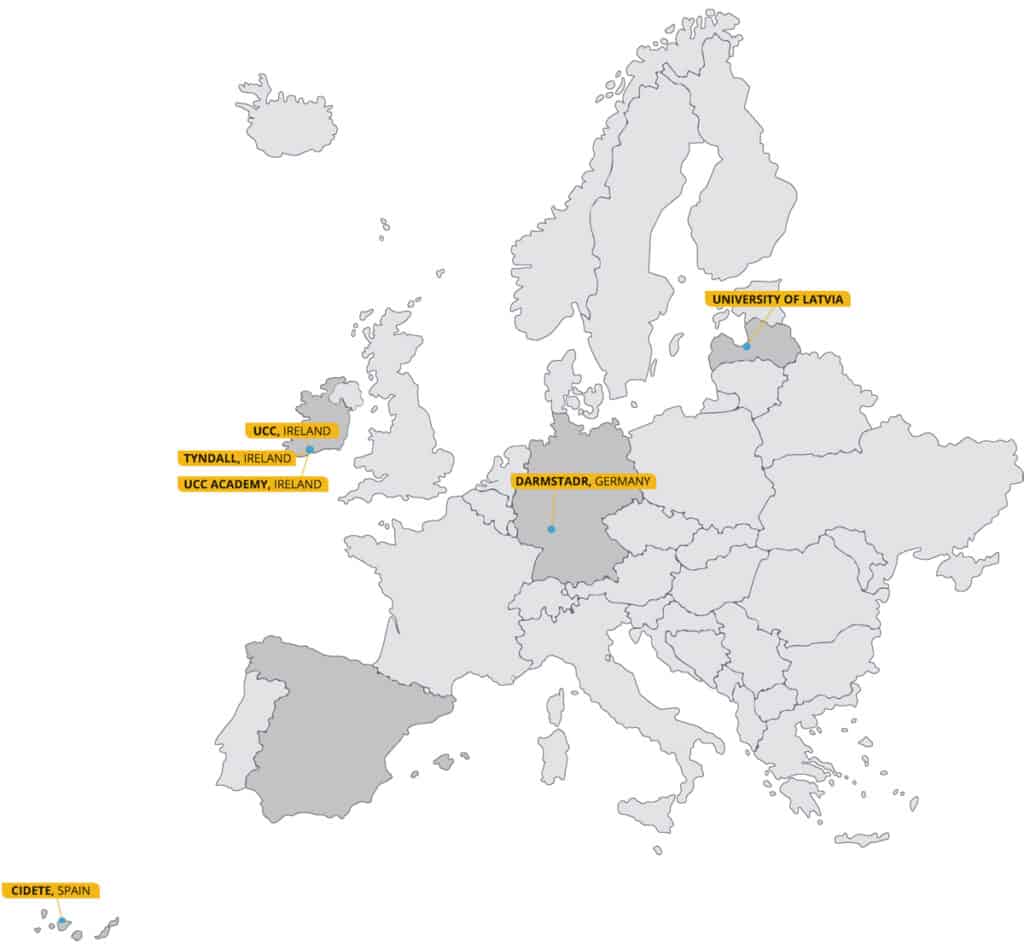
Our Latest News

TRANSLATE Newsletter Issue 4
After four years of groundbreaking collaboration, the TRANSLATE project proudly presents its final newsletter. This edition showcases how everyday resources like wood were transformed into nanofluidic membranes, how waste heat can be harnessed to generate electricity, and how innovative materials are shaping Europe’s sustainable energy future. With behind-the-scenes stories, PhD spotlights, and insights from the final General Assembly in Cork, the newsletter captures both the science and the spirit that defined TRANSLATE’s journey.
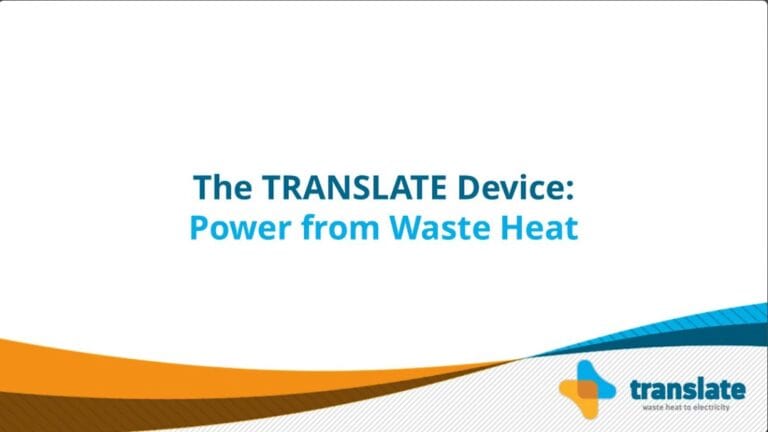
From Waste Heat to Clean Power: Meet the TRANSLATE Energy-Harvesting Technology
New video showing how TRANSLATE is pioneering a new energy-harvesting device that turns low-temperature waste heat into electricity using ionic thermocells and nanofluidic channels. Made from Earth-abundant, non-toxic materials, this modular technology offers sustainable, low-cost solutions for powering sensors, smart buildings, wearables, and IoT devices. Watch the video to see how it works and its future potential.
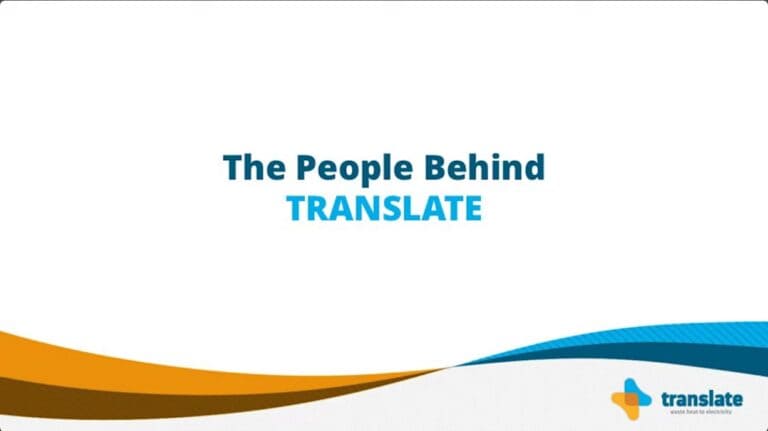
Behind Every Breakthrough: The Power of Collaboration in TRANSLATE
Every breakthrough starts with people. Our latest video shows how international collaboration, expertise, and shared vision transformed a 2016 idea into working prototypes that harvest low-temperature waste heat. Watch our short film to meet the researchers, engineers, and specialists who turned a concept into a connected research community driving sustainable energy innovation.
